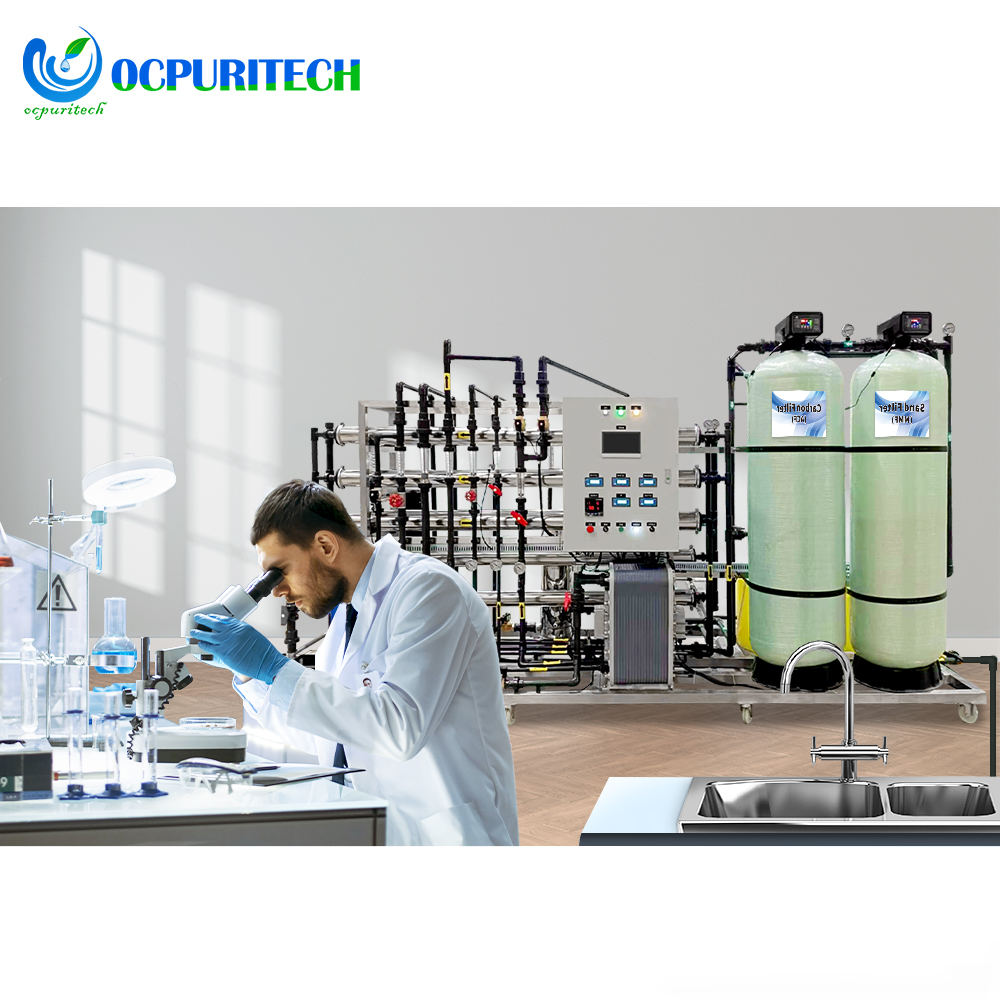As the hydrogen energy technology continues to advance, the hydrogen industry is garnering increasing attention. In the process of hydrogen production, ultrapure water plays a crucial role, with its quality and purity being paramount for the production and application of hydrogen gas. This article delves deep into the pivotal role of ultrapure water in the hydrogen industry, offering a comprehensive analysis from production to application.
Production of Ultrapure Water
The production of ultrapure water typically employs multi-stage purification technologies, including ion exchange, reverse osmosis, and electro-deionization processes. These technologies effectively remove impurities and ions from water, resulting in high-purity water. In the hydrogen industry, the production of ultrapure water ensures that the water quality meets stringent standards, thereby ensuring the efficiency and reliability of the hydrogen production process.

Application of Ultrapure Water in Hydrogen Generation
Hydrogen generation typically involves electrolyzing water to produce hydrogen and oxygen gases. In this process, ultrapure water serves as a reactant, being electrolyzed into hydrogen and oxygen gases. High-quality ultrapure water ensures the stability and efficiency of the reaction, while reducing impurity content in the hydrogen gas, thereby enhancing its purity and quality.
Role of Ultrapure Water in Hydrogen Storage and Transportation
In addition to its application in hydrogen generation, ultrapure water also plays a crucial role in the storage and transportation of hydrogen gas. During the storage and transportation of hydrogen gas, pure water is required for cleaning and cooling hydrogen storage tanks and pipelines, ensuring the purity and safety of the hydrogen gas.
Ultrapure Water in Hydrogen Energy Applications
Ultrapure water not only plays a critical role in hydrogen production processes but also in hydrogen energy applications. Hydrogen fuel cells, which convert hydrogen gas and oxygen into electrical energy through a chemical reaction, require ultrapure water as one of their essential components. High-purity water ensures the proper operation of hydrogen fuel cells, thereby improving energy conversion efficiency.
Conclusion
Ultrapure water plays an indispensable role in the hydrogen industry, with its quality and purity directly impacting the production, storage, and application of hydrogen gas. As hydrogen energy technology continues to advance, the demand for ultrapure water is expected to increase. Therefore, further research and development in ultrapure water production and application are essential to meet the needs of the hydrogen industry and drive the development and adoption of hydrogen energy technology.
